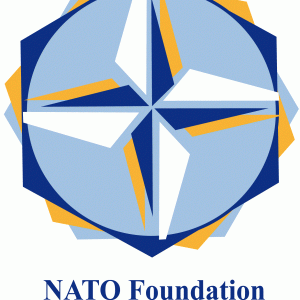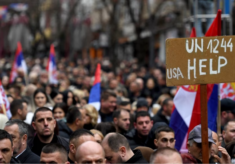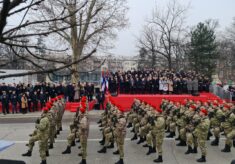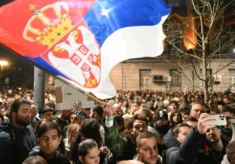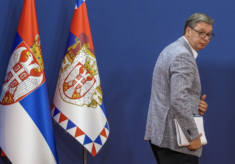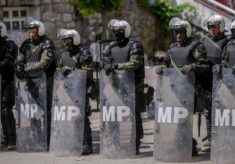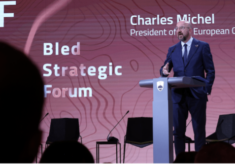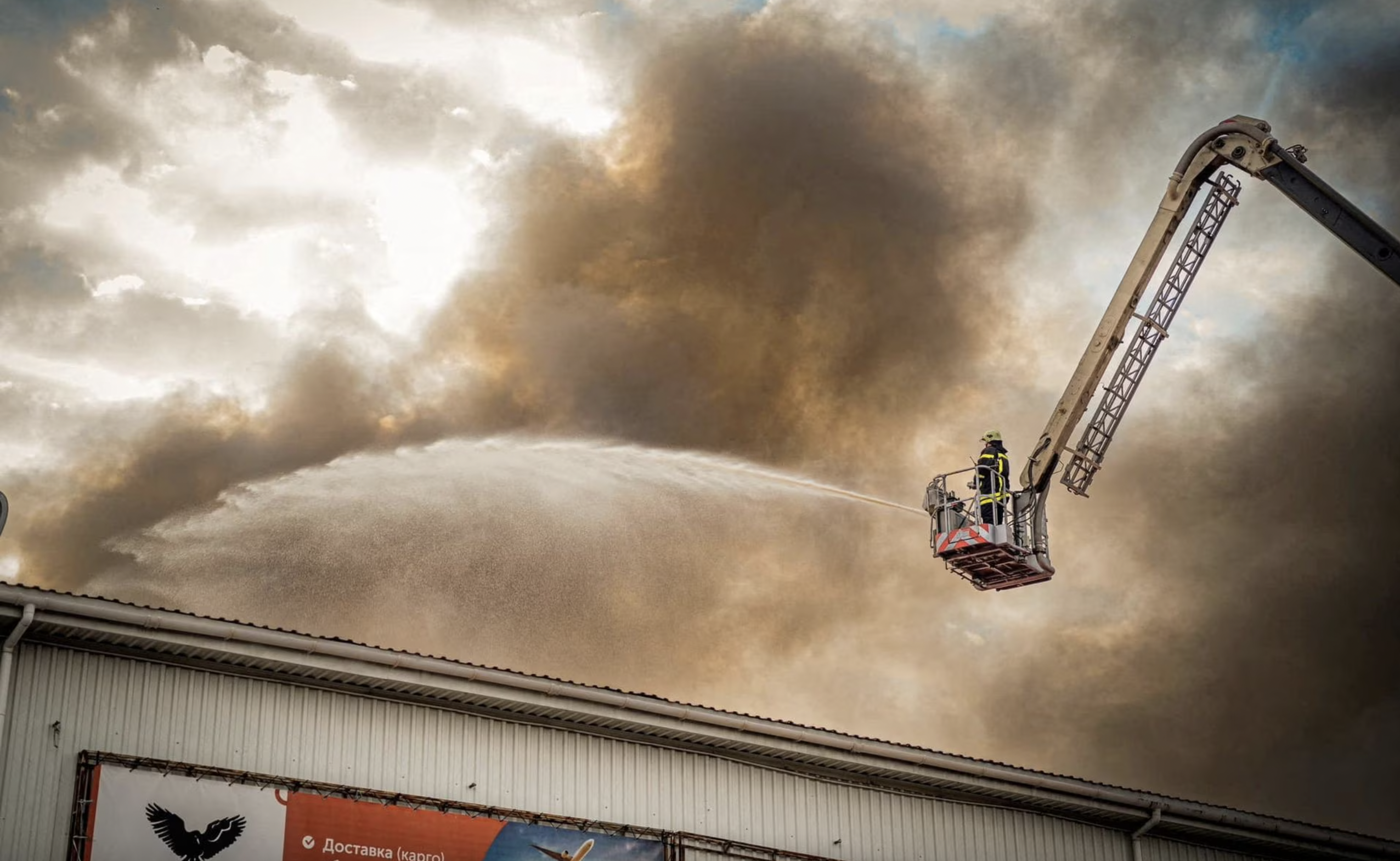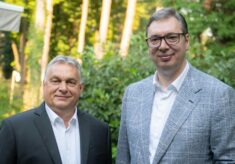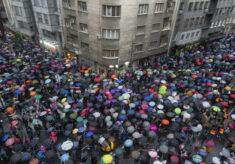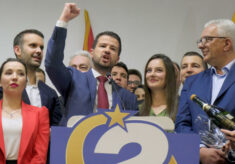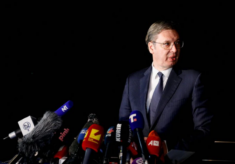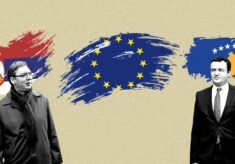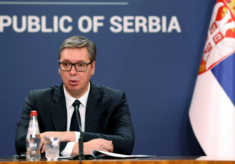A French veto entails dangerous consequences for North Macedonia
In early 2020, North Macedonia will be formally accepted as a NATO member. The accession should have been happened by the end of the year, but it was delayed due to the postponement of the ratification process in Spain, where the political situation is very uncertain due to the lack of a viable majority.
Despite the fact that it will soon join NATO, the post-Yugoslav country has not yet opened accession talks to join the EU. Emmanuel Macron, the French president, blocked it in October. He argued that before accepting new members, the EU should rethink its governance, adding that stricter rules for enlargement are required. Macron vetoed also the opening of accession talks for Albania, already a NATO member.
Macron’s choice was widely criticised by several EU leaders, to no avail. Recently, the French government outlined a proposal aimed at redefining the enlargement rules. Rather than being based on negotiating the chapters of the acquis communitaire, Paris suggests that accession talks should follow several stages, which would “form coherent policy blocks”, the website of the Atlantic Council reports. Furthermore, if candidate members fail to make reforms, the process can be reversed.
Macron’s plan – supported by The Netherlands and Denmark – is inspired by internal political reasons (the French far right opposes any EU enlargement), as well as by the idea that previous enlargements were made too quickly, as Poland and Hungary threats to democratic values apparently show.
To some observers, Macron’s vision to rethink the enlargement process makes sense, but the timing is utterly wrong. Albania and North Macedonia had to make big reforms to get closer to the EU. Tirana approved measures that revolutionise the judicial system and foresee the vetting of judges, a very sensitive issue in a country that still faces the burden of Communism. As for North Macedonia, efforts towards NATO-EU integration were even tougher. The country had to solve the long-time naming dispute with Greece, the historic hurdle on the path to Euro-Atlantic integration. The Prime Minister, Zoran Zaev, has survived several challenges, like nationalism and foreign meddling, to achieve this goal.
The veto posed by Macron frustrates Zaev, who called for snap elections in April 202. He is aware that Macron will not change the tune and that the EU will take months to discuss his plan to redraw enlargement rules. Should it be approved, the path to the EU will become longer and harder. Thus, Zaev and his Social Democratic Party (SDSM) want at least to play in a timely way the NATO membership card (the first concrete promise to join the West), hoping it will enough to secure a new mandate.
It is a risky move anyway. Many North Macedonians saw the naming change as a humiliation, and the VMRO-DPMNE, the nationalist opposition party, is trying to exploit this feeling. It accuses Zaev of having betrayed the national interest by agreeing with Greece and the West to turn the name of the country from Macedonia to North Macedonia.
Before Zaev was appointed Prime Minister in 2017, the VMRO DPMNE had ruled the country for ten years building an authoritarian and corrupted regime, featuring massive phone eavesdropping against tens of thousands of opponents. His leader and former Prime Minister Nikola Gruevski, accused for corruption, fled to Hungary to avoid a trial where he has received political asylum. Should the VMRO DPMNE win elections, his member will take the power back. It is rather likely that they will promote a nationalist and anti-globalization agenda inspired by Orban’s Hungary and discreetly supported by the Kremlin. EU integration hopes could fade away and Russian influence would grow again, putting into jeopardy Skopje’s NATO membership. A bad message for the entire Balkan region.
Matteo Tacconi – Journalist and analyst, he covers the Balkans for a wide range of media networks. He worked as electoral observer for the OSCE/ODIHR in Albania, Macedonia, Russia, Georgia and Ukraine.

